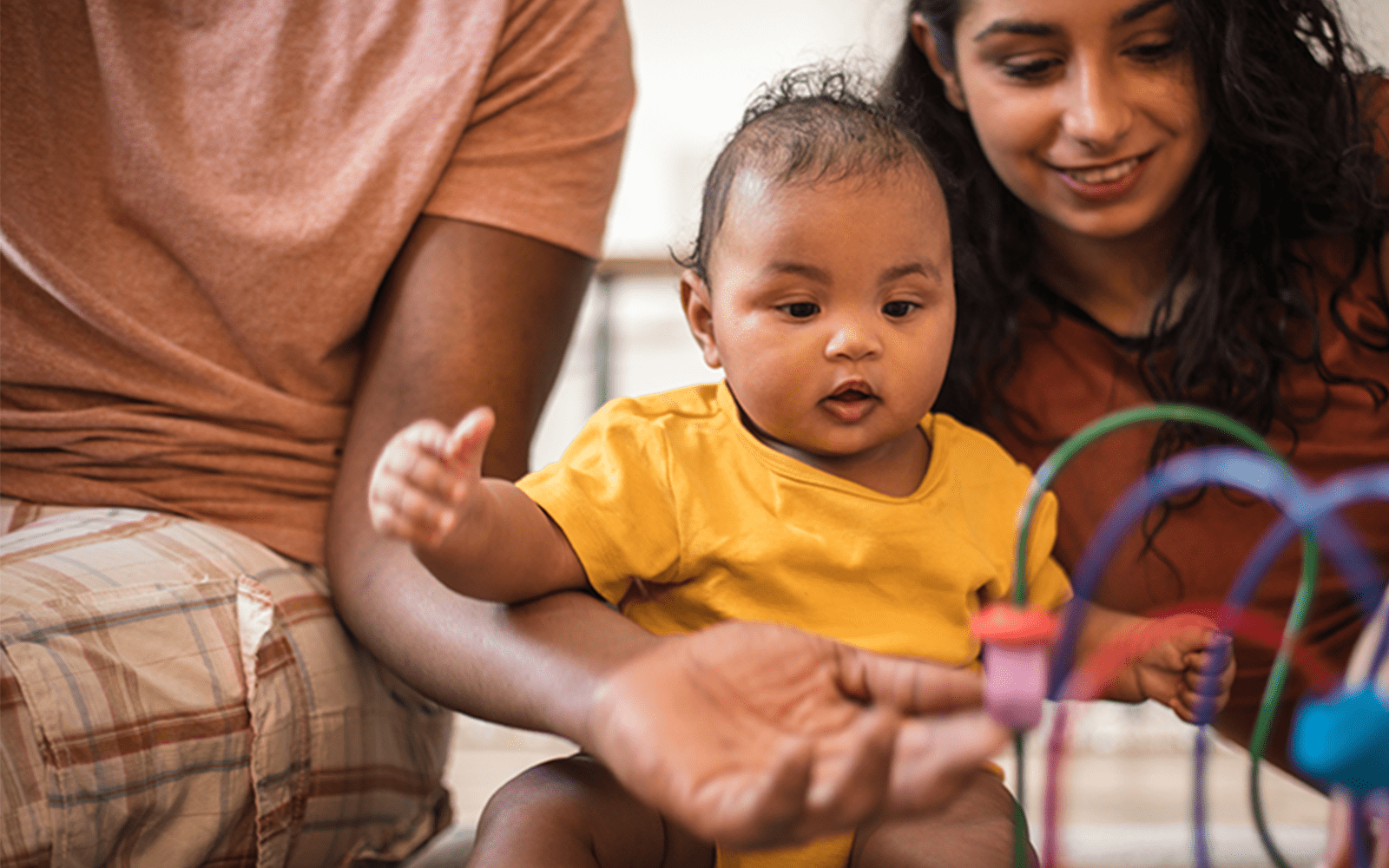As the largest federal investment in evidence-based home visiting services, the Maternal, Infant, and Early Childhood Home Visiting program (MIECHV) is a key pillar in the continuum of services and systems that strengthen the parent-child relationship and connect families to vital community resources to support long-term healthy development and well-being. The MIECHV authorizing statute – the law that describes and authorizes the distribution of federal funds to states, territories, and Tribal grantees by the federal government – expires on September 30, 2022. Now more than ever, advocates need to reach out to their Representatives to elevate the importance of the program in Illinois and urge Congress to reauthorize MIECHV before it expires.
In Illinois, MIECHV funds are critical to the state’s robust home visiting system, enhancing decades of local and state investments in home visiting services. MIECHV funds direct services for nearly 3,000 parents and children in Illinois annually. These high-quality home visiting services help families achieve stronger outcomes in maternal and child health, family economic self-sufficiency, and school-readiness domains.
MIECHV also strengthens the broader Illinois home visiting system by supporting high-quality training and professional development opportunities for home visitors and doulas, promoting coordination across the various funding streams that support home visiting, and supports innovative approaches to improve the ability of home visiting services to support families with child welfare involvement, families experiencing homelessness, pregnant and parenting youth in the care of the child welfare system, and other priority communities.
MIECHV has benefited from robust, bi-partisan support in Congress, including the leadership of Illinois’ Congressman Danny Davis (7th Congressional District) who has been a staunch advocate for MIECHV since the program’s inception in 2013 in his role as Chairman of the Worker and Family Support Subcommittee on the House Ways and Means Committee, which has legislative authority over the program.


